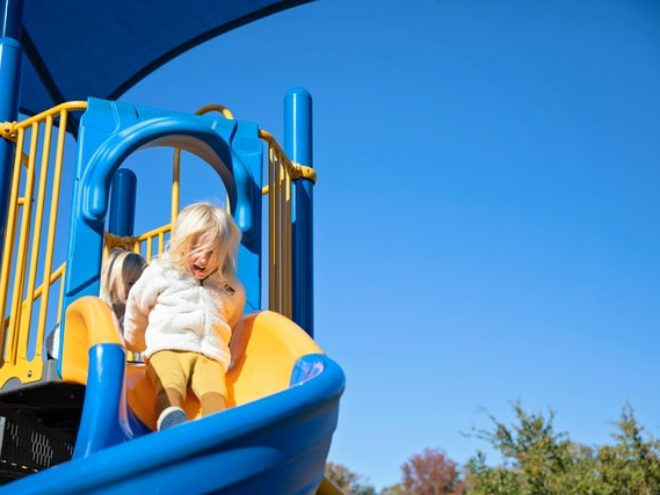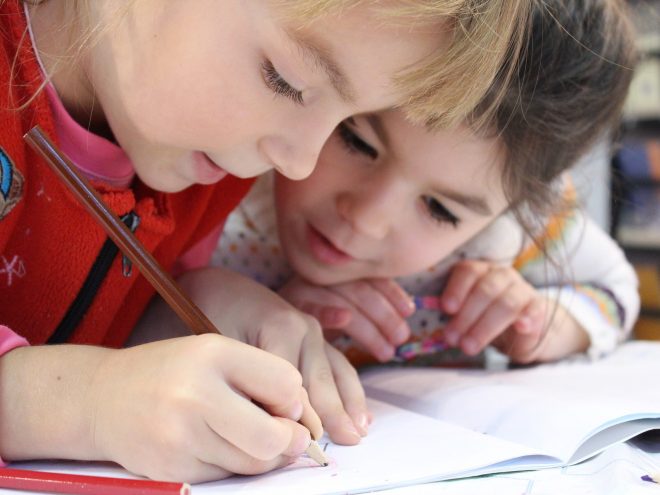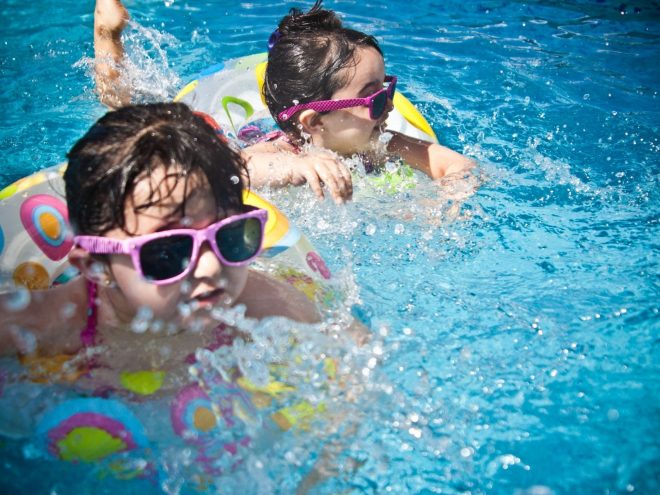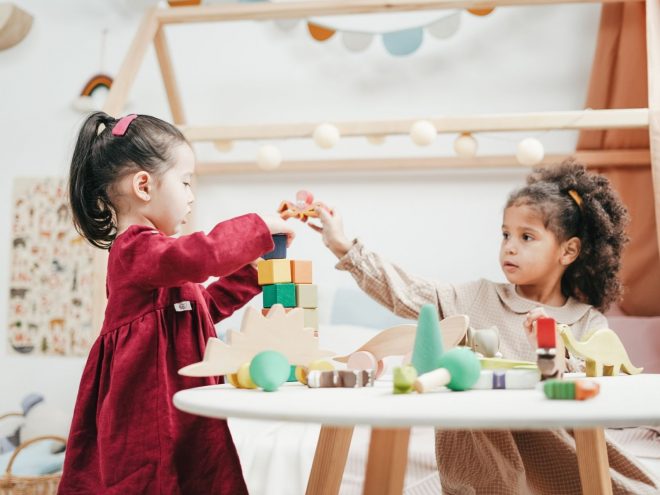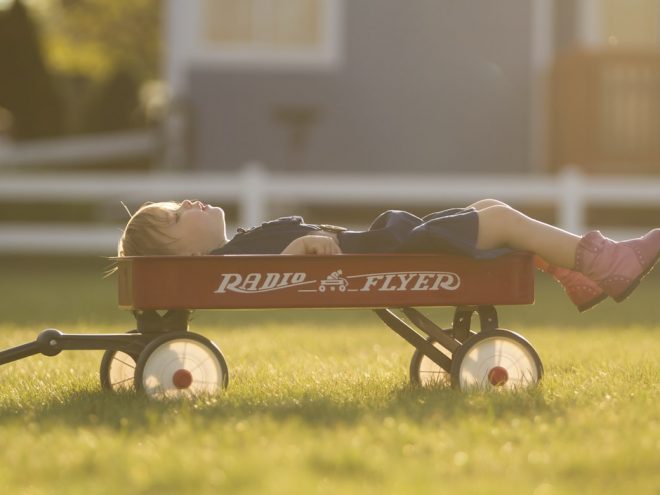Do you want your child to feel at ease in social situations? As a parent, you serve as your little one’s initial introduction to society, and what you do to foster their friendships plays a significant role in how far they go in life. Workplace experts consistently rank emotional intelligence as important as IQ in career success, and the ability to interact positively with others plays a role.How can you help your child enhance their social skills? What should you know, and what activities can you participate in to foster a spirit of community in your little one? Read on to learn how to teach them to relate to their peers in a more socially acceptable manner.
Know Your Child
You might think that enhancing your child’s social skills entails dragging them to endless playdates. However, if your little one is naturally quiet and introspective, too much interaction with others can overwhelm them. They may be shy — or they may be one of the 15% to 20% of children born with a highly sensitive nervous system that grows overwhelmed from excessive activity.If your child displays gregarious tendencies, you’re okay to schedule a full social calendar for them. However, ask for their input, especially if they tend to stay quiet. This action shows you respect their feelings and boundaries. It gives them a sense of control over their destiny that fosters greater security in uncomfortable situations.
Teach That Everyone Is Human
With more than 56 million Americans with disabilities, your child will likely come across a classmate in a wheelchair or using crutches. As such, they might have questions. Use their innate curiosity as a teachable moment to foster inclusion. Inform them that everybody needs friends, and encourage them to ask peers who have special needs to join in their games at the park or playground. Even if their new friend can’t do everything your child can, they can still participate in the fun.
Model Appropriate Behavior
When you accompany your child to social gatherings, who do they see you interact? If you’re white and middle class, does your circle include people of different racial heritages and socioeconomic levels? When you go to the playground, do you speak to the mom wearing a hijab, as well as those with baseball caps?Experts disagree on why society has grown so divisive, but one way to heal the rift is by modeling appropriate behavior for the next generation. Plus, when your little one understands that minor differences don’t create barriers to friendship, they can develop a healthier circle themselves. They learn to consider traits like honesty and willingness to help as more vital to genuine friendship than sharing the same love of baseball or Pokemon.
Ask Them Questions
Even though your child’s developing intellect may represent a tabula rasa of sorts, they aren’t passive computers that you can program to do what you want. Your little one will absorb instruction more effectively if they play an active role in their learning. This principle holds for building social skills, too.How can you get your kids involved? Ask them questions! You can say, for example, “I know you say Daenisha is your best friend. What do you like best about her?” This technique can also help you gather valuable information, especially as your children grow older and less open to sharing. If your kids have open dialogues with you, they’ll volunteer details about what kinds of language their friend’s parents use at home before you let them sleepover.
Foster a Growth Mindset
A growth mindset is one that believes that hard work and dedication can bring about positive change. What does this have to do with nurturing social skills? Quite a lot.The magic lies in how human beings perceive the behavior of others. People tend to judge personality on what they observe at the moment — but this practice might not give an accurate impression of someone’s real character. For example, if you ask your child to describe a surly cashier’s personality, they might reply with, “she’s mean.” However, if you ask them for alternate explanations, they might mention she could feel grumpy from a long day on her feet.
Cultivate Cultural Awareness
Teaching your children about different cultures helps them respond to practices they find unusual with natural curiosity, not fear. In a world where xenophobia too often rears its ugly head, fostering this response matters.Take your children to museums to learn about other ways of life. If you have friends who follow other religious practices, politely ask to join them at a service to learn more. Be sure to teach the difference between cultural appreciation and appropriation — avoid behaviors that trivialize a group of people, like donning their traditional garb as a Halloween costume.
Continue Learning and Growing
Nobody has perfect social skills. Continue learning and growing by regularly engaging in social activities yourself. If your little one sees that you neglect your friendships, they’ll treat theirs with an equal degree of dismissiveness. Accept that happy hour invitation from a new co-worker — and show enthusiasm in your voice when you mention your plans at the family dinner table. When your child sees you willing to tackle unfamiliar social situations, they’ll feel more inclined to follow your lead.
Help Your Child Grow Their Social Skills With These Tips
You can help your child develop stronger social skills, and doing so will ultimately benefit them in school and their future career. Plus, they’ll bask in the warm glow of friendship.

